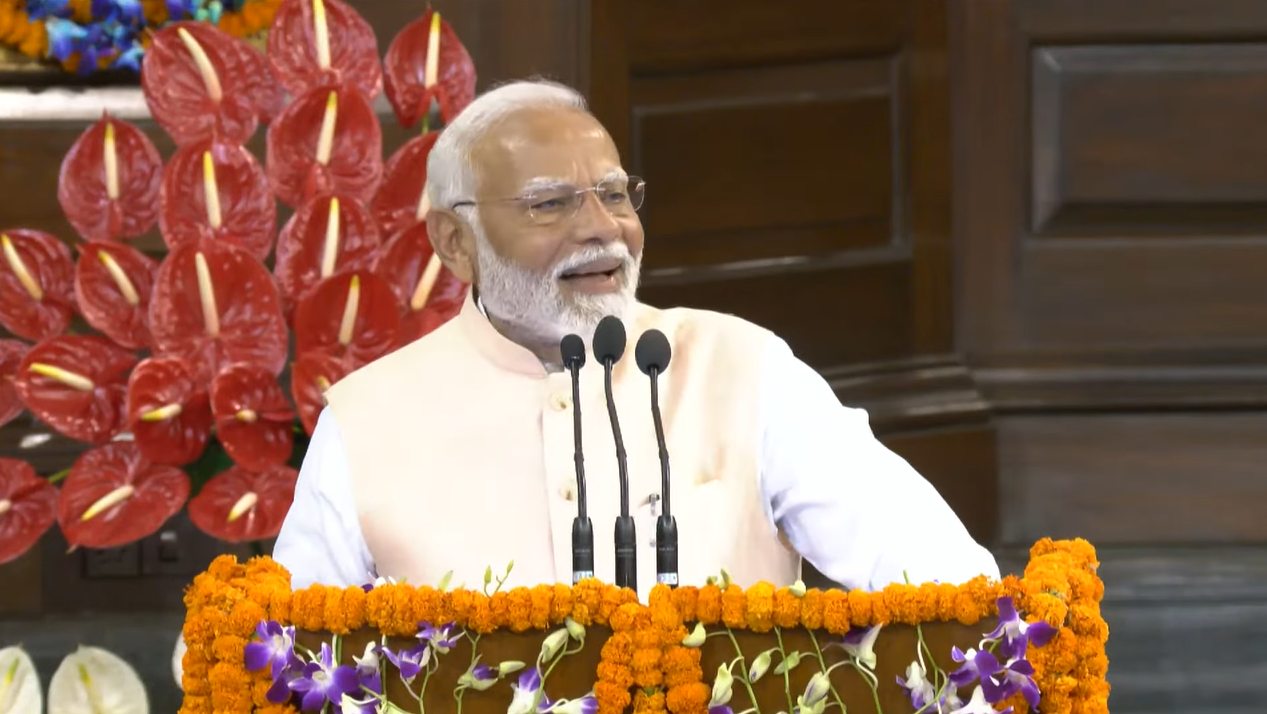Prime Minister Narendra Modi’s recent affirmation of Electronic Voting Machines (EVMs) as pillars of India’s electoral process has reignited a contentious political debate, with opposition parties and electoral reform advocates calling for comprehensive reforms to address concerns over transparency and accountability.
During the NDA Parliamentary Meet, Modi lauded EVMs for their role in upholding the transparency and credibility of India’s electoral framework, asserting that they have silenced the opposition’s persistent criticism. However, his remarks have been met with skepticism from critics who contend that EVMs are susceptible to tampering and raise legitimate doubts about the integrity of elections.
“The Prime Minister’s unwavering support for EVMs overlooks the legitimate concerns raised by opposition parties and electoral experts,” remarked a senior opposition leader. “We cannot afford to ignore the potential vulnerabilities inherent in electronic voting systems, which undermine the sanctity of the electoral process.”
Opposition parties have long advocated for electoral reforms, including the introduction of Voter Verified Paper Audit Trails (VVPATs) and enhanced scrutiny of EVMs to ensure their integrity. They argue that a return to paper ballots or the implementation of hybrid voting systems would bolster confidence in the electoral process and mitigate concerns over tampering.
“The debate over EVMs transcends partisan politics and speaks to the core principles of democracy,” asserted a prominent electoral reform advocate. “We must prioritize the integrity of elections and embrace reforms that enhance transparency, accountability, and public trust.”
While the Election Commission of India has defended the reliability of EVMs, citing stringent security measures and extensive testing protocols, critics remain unconvinced about their efficacy. Calls for greater transparency in the procurement, deployment, and auditing of EVMs have intensified, underscoring the need for robust safeguards to prevent tampering and ensure the verifiability of election results.
“As custodians of democracy, we have a collective responsibility to safeguard the integrity of the electoral process,” declared a leading constitutional expert. “By engaging in constructive dialogue and adopting evidence-based reforms, we can strengthen democratic institutions and uphold the principles of free and fair elections.”
As India navigates the complex terrain of electoral technology and democratic governance, the debate over EVMs and electoral reforms is likely to remain a focal point of political discourse. With the 2024 general elections looming on the horizon, policymakers face mounting pressure to address concerns over the integrity and transparency of India’s electoral process, ensuring that democracy thrives in an increasingly digital age.



